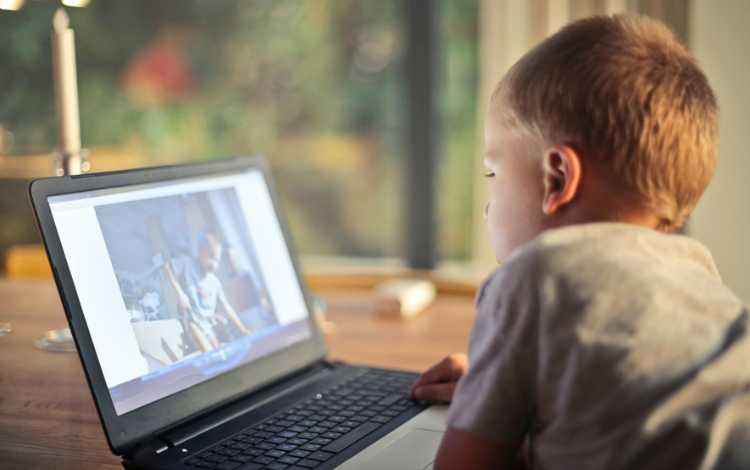
The young minds of today’s world are growing up in the age of the internet. It offers them an endless font of knowledge, endless opportunities for creative explorations, and, eventually, a platform for connecting with new friends.
The internet provides a variety of educational resources, places for artistic expression, and ways to connect with other cultures all over the globe. However, this type of connection comes with its own downsides.
Without certain interventions, it can expose our children to inappropriate content, breaches of privacy, and, of course, cyberbullying.
Explore our online courses and eBooks on meditation, positive thinking, overcoming procrastination, motivation, affirmations, discipline, focus, and many more topics.
Navigating these obstacles demands parents and educators be ever vigilant. It’s our job to provide our youth with the tools they need for safe and responsible internet use. We can’t be looking over their shoulders all the time.
Understanding the Online Risks for Young Kids
The internet can be a valuable resource for learning and social interaction, but it also exposes children to a variety of threats:
Inappropriate Content
Without setting parental controls, the risks of your child inadvertently coming across or even actively searching for inappropriate content increases.
Cyberbullying
This type of unique bullying occurs over social media and other online platforms. It’s a persistent and often hidden threat.
Privacy Concerns
Most children don’t understand social boundaries yet and can share personal information online. This includes home addresses or family plans.
Online Scams and Malware
As adults in the age of the internet, we’re often educated on the risks of scams and malware and how to detect them, but our children aren’t. These threats come in the form of emails or messages that easily trick children into clicking malicious links or sharing more personal information.
Setting Up a Safe Online Environment
- Education: Teach your children about the importance of privacy. No sharing names, schools, photos, and, most especially, passwords. Work on teaching your children to think critically and how to recognize reliable resources and the dangers of clicking links.
- Monitor Online Activity: Every family is going to have a different comfort level for their children’s online activity. Determine where your comfort level is, and be transparent with your kids about what controls you have set up. Educational videos are a great tool for learning and development and are a safe place to start.
Teaching Internet Safety and Etiquette
It’s important that you guide your kids on how to navigate the internet safely. It’s not only about protecting themselves from outside dangers but inside as well. They need to understand the lasting effects of digital footprints. They should be taught that the principles of kindness and respect apply online, too.
One way to help your child navigate the internet successfully is encouraging their confidence. When children are confident, they’re more likely to make better choices both in-person and online. Confident children stand up to negative influences in their lives, like peer pressure.
Help Your Child Play Kid-Friendly Educational Games
Educational games offer your children an engaging and interactive way to learn, so you don’t want to take that away from them.
There are many safe and engaging places to encourage your children to play on the internet. Select sites that align with their age, interests, and what they want to learn.
Music-based games are great for learning and development. They’re designed to be both educational and entertaining, making sure your kids stay tuned in. ABCmouse is a great site where your kids can work on auditory skills, language development, and rhythm. These are all crucial aspects of early childhood education.
Foster Open Communication
You’ll find many studies out there on how open communication with your kids is paramount to their online safety.
Fostering a trusting environment where your children feel safe to share not only helps them with their more digital interactions, but also in the rest of their lives. Parental concerns can be addressed right away before problems have the chance to grow.
Conclusion
When working on keeping your kids safe on the internet, you have to find the balance between guidance, education, and open communication.
By educating yourself about the risks, setting up a safe environment, teaching your kids how to behave on the internet, and fostering a trusting environment, you can empower your kids to explore what the internet has to offer while doing so safely. Teaching them these skills creates more responsible and confident citizens in our digital world.

